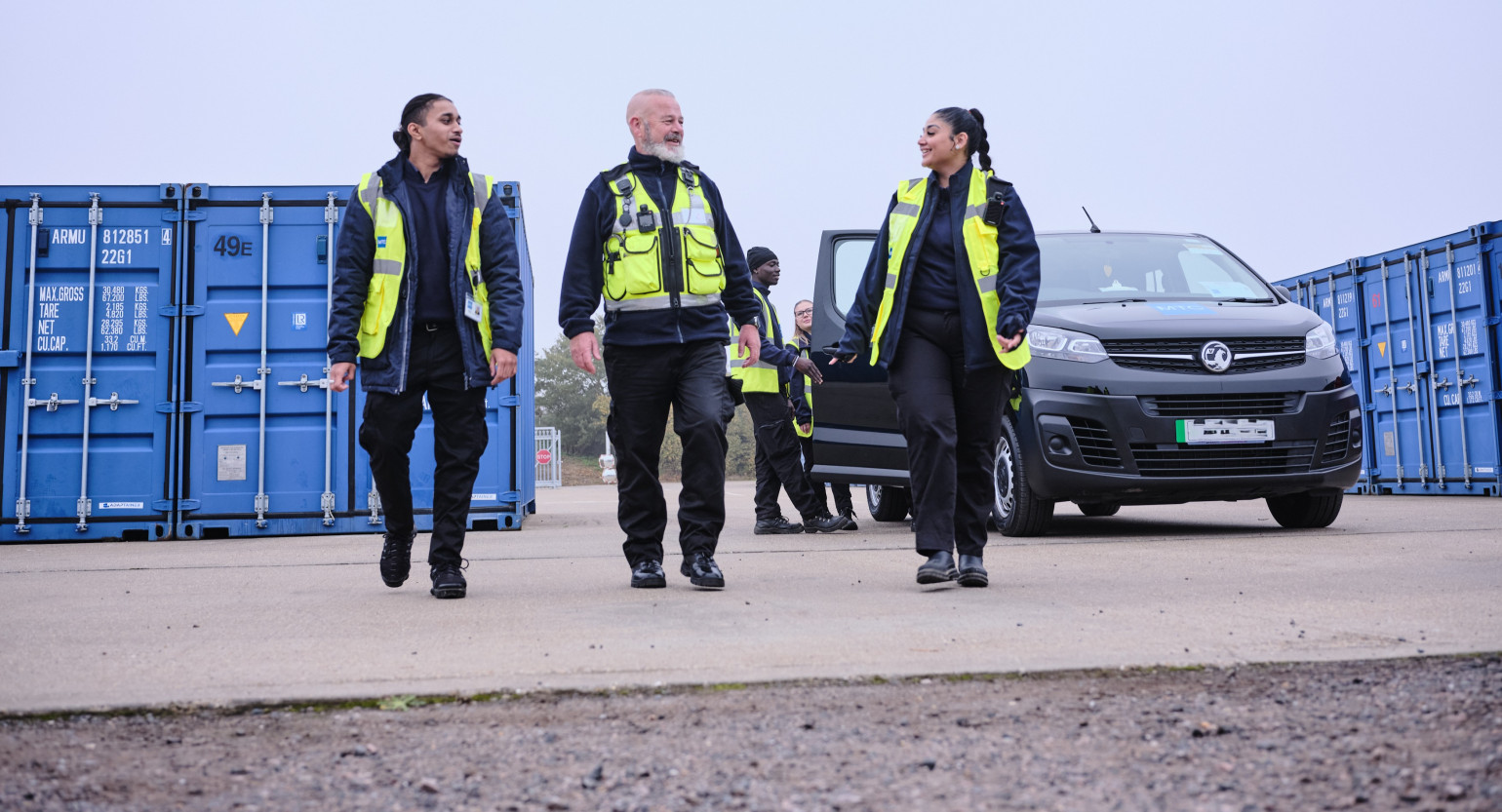Celebrating diversity and inclusion

The 18 June marked Autistic Pride Day, a day dedicated to celebrating the strengths, dignity and uniqueness of autistic people, while promoting acceptance, inclusion, and understanding of neurodiversity. It is also a time to reflect on how we can create spaces where everyone feels valued for who they are.
To mark Autistic Pride Day the day, we sat down with our HR Director, Harry Porter, who shared a very personal perspective and introduced us to someone very special in his life.
Harry, thanks for speaking with us today. Why is Autistic Pride Day important to you personally?
It’s incredibly close to my heart because I have the privilege of raising an amazing autistic child, my son, A. He’s taught me more than I ever imagined about what it means to navigate the world differently, and the importance of embracing individuality with pride.
Can you tell us a bit more about A?
Absolutely. A is nine, and he has a particular autistic profile known as Pathological Demand Avoidance, or PDA. It’s relatively rare, and it's characterised by a strong need to resist or avoid everyday demands, not because he’s being difficult, but because those demands often cause overwhelming anxiety. It’s about a need to feel in control, and that’s something he manages every day.
For example, even simple things like joining in with family activities, which he’d love to do, can feel impossible in the moment. School is a major challenge too. Alfred has never been able to manage a full-time school timetable, and realistically, he probably never will.
That must come with its own challenges.
It does - but I want to say this clearly: A is also absolutely brilliant. His autism doesn’t just present challenges, it supercharges his strengths. He’s incredibly empathetic and deeply cares for his siblings. He’ll always make time for a board or card game with anyone who asks. And when he’s in the right environment, his ability to learn and absorb knowledge is simply remarkable.
What has being A’s dad taught you?
It’s changed the way I see the world, particularly in terms of systems and expectations. So many of the structures we rely on, from schools to workplaces, are designed with a narrow idea of what’s “normal”. But not everyone fits into those structures. And when someone can’t, we shouldn’t blame the person. We should ask ourselves: what can we change to make this work better for everyone?
MTC is a disability confident employer and is committed to creating a workplace where everyone feels safe and supported. We work collaboratively with our employees to support with any additional needs helping create a diverse and inclusive environment.